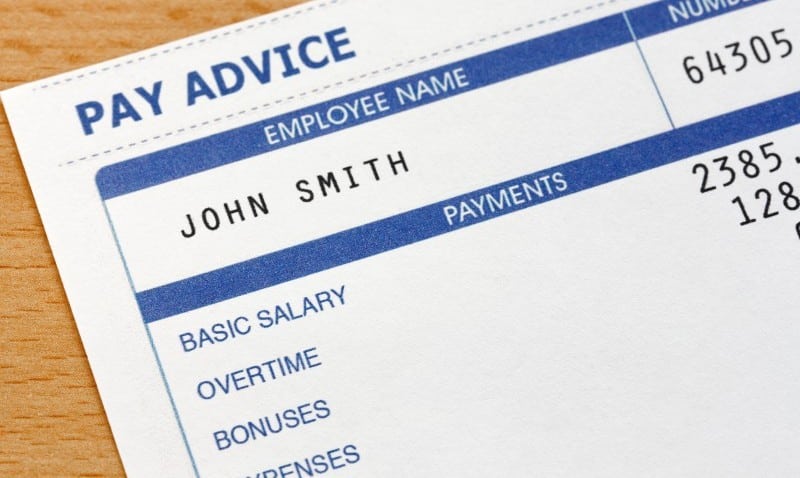Register to get 2 free articles
Reveal the article below by registering for our email newsletter.
Want unlimited access? View Plans
Already have an account? Sign in
And whilst I accept the situation will be different for every organisation, employers choosing to act now have the chance to limit the number of claims brought. Those that seek expert advice now could help limit what could be a significant expense, not to mention the huge administrative burden businesses face at a time when most are hoping for sustained growth, possibly on the back of increased overtime.
[box type=”shadow” align=”alignleft” class=”” width=””]
THE CASES
Neal v Freightliner – Tribunal held voluntary overtime should be included (settled before it went to appeal)
Fulton v Bear (Scotland) – Tribunal held that overtime that the employee could reasonably refuse should be included in the calculation for holiday pay.
Wood and Others v Hertel and Amec – Tribunal held that compulsory overtime (where the worker must work overtime if required by the employer under his contract) must be included.
All employers appealed the decisions and the Employment Appeal Tribunal (EAT) heard the appeal on 31 July and 1 August 2014. A key argument for the appeal was whether (and where) a line should be drawn as to when overtime is included.
Domestic law has accepted that guaranteed overtime does form part of normal working hours and should therefore be included in holiday pay calculations (Bamsey v Albion Engineering and Manufacturing 2004), but these cases highlight that the position is not so clear for non-guaranteed overtime.
[/box]
About the author: Abigail Halcarz is an employment solicitor in the Commercial Group at UK top 100 law firm SGH Martineau LLP., acting for a variety of private companies, educational establishments and individuals in both contentious and non-contentious employment matters.



















